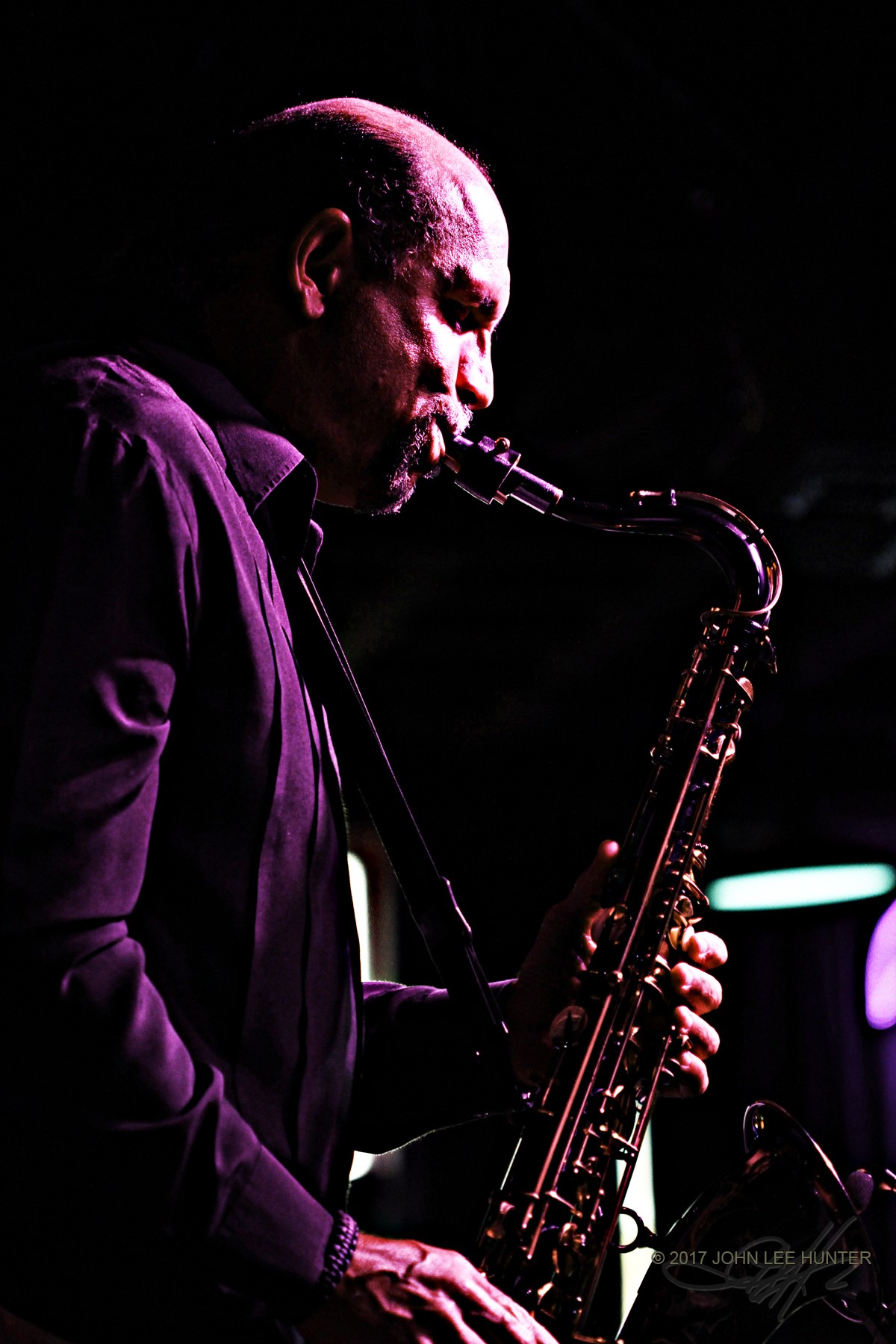We were lucky to catch up with David Carr, Jr. recently and have shared our conversation below.
Hi David, thanks for joining us today. Can you talk to us about how you learned to do what you do?
My dad played sax, so I was exposed to music, and music performing at an early age. I had expressed an interest in the saxophone and when I was around twelve, my dad got me a tenor. I struggled with it, and one day, my dad said, “Worry about your tone. The notes will come.” That was the most important thing anyone had said or could have said at any time in my life. Regarding music, no one has ever said anything more important. That one statement allowed me to relax about learning how to play songs. My dad was a man of few words, and those few words helped me understand that the instrument was more about sharing your spirit, and that the sax was not simply a mechanical tool.
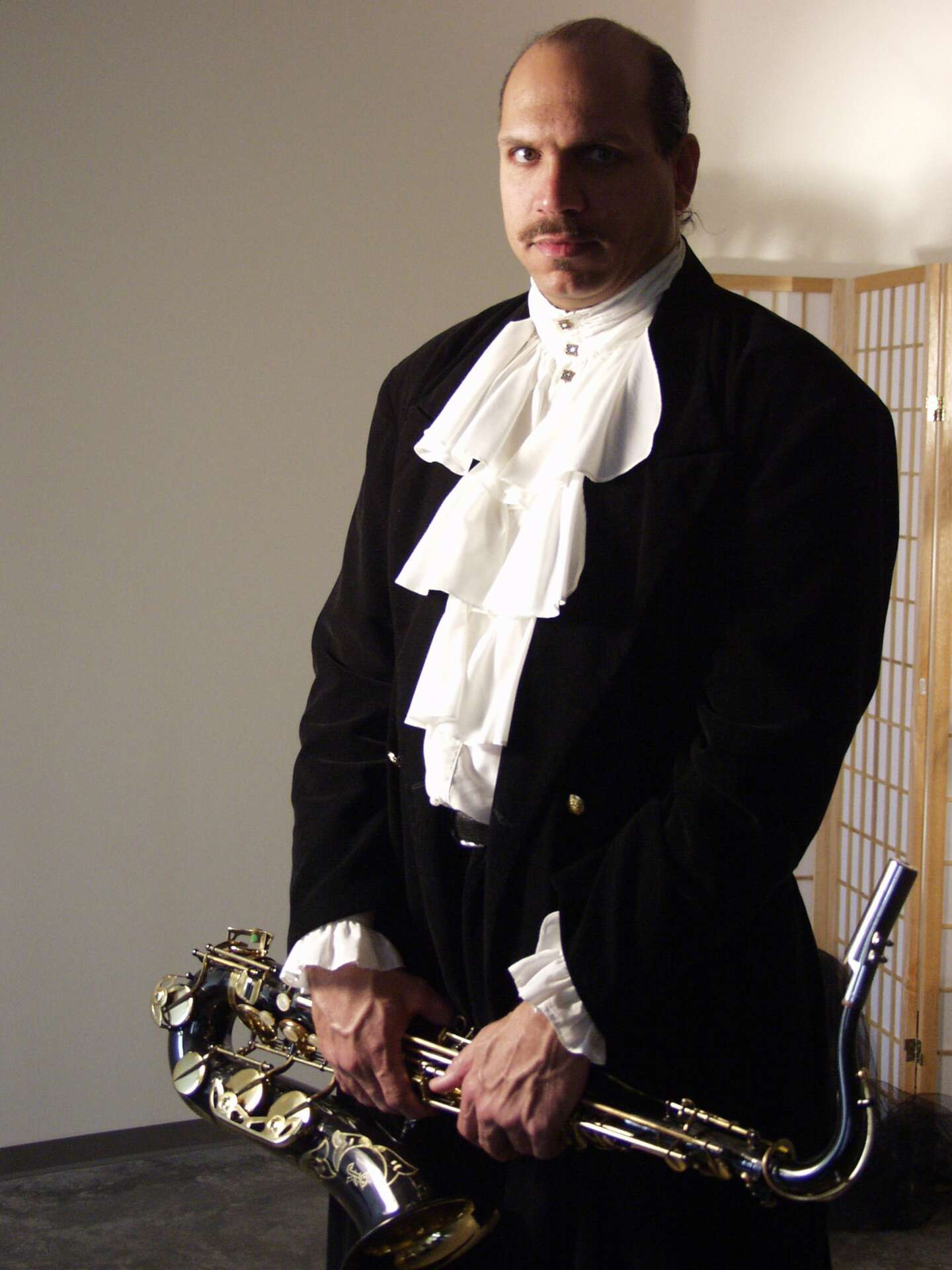
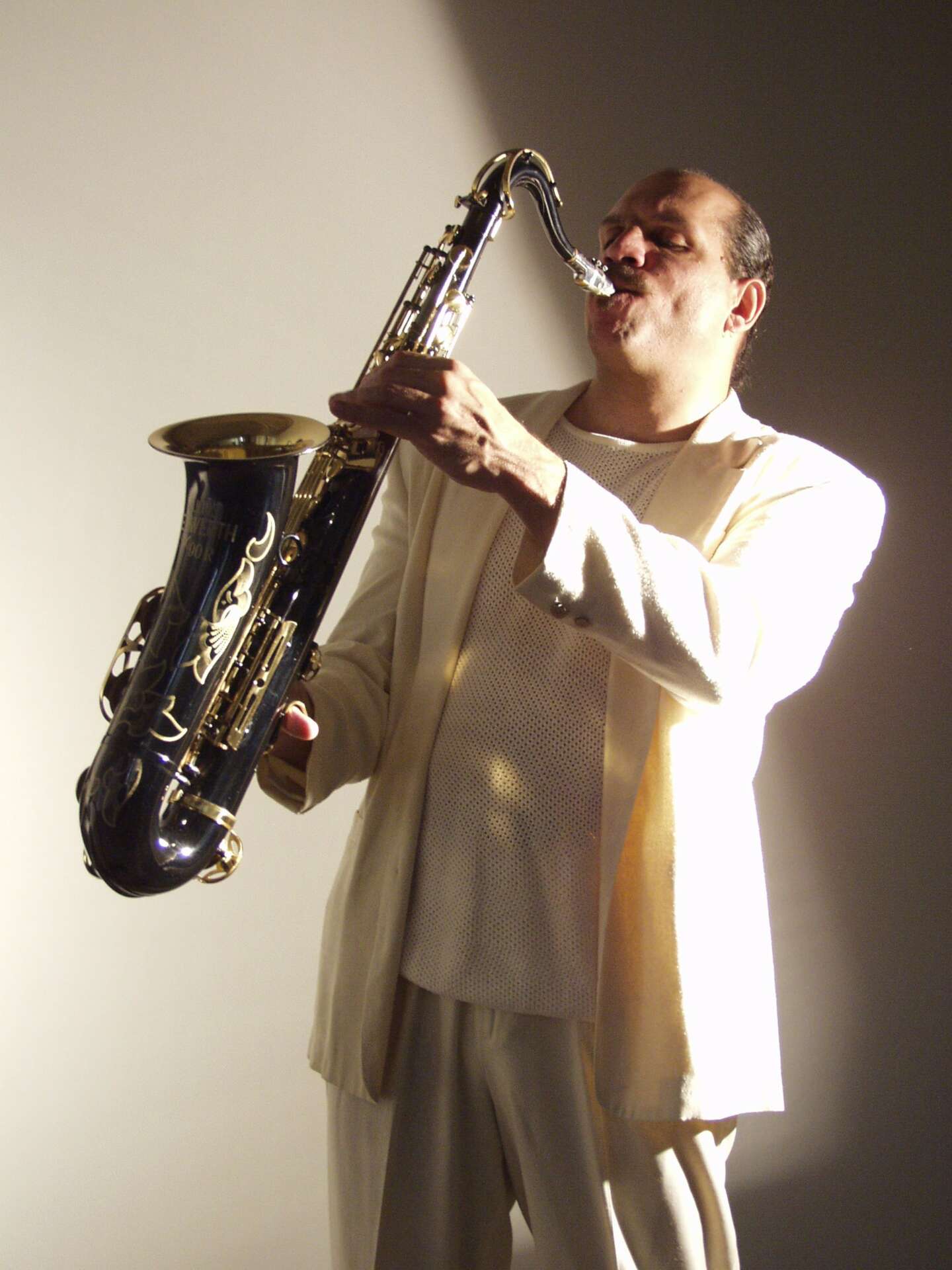
David, love having you share your insights with us. Before we ask you more questions, maybe you can take a moment to introduce yourself to our readers who might have missed our earlier conversations?
Art, whether it is visual, the written word, or music is something that comes from the soul of the artist. I am not a musician because I decided one day that was the job I wanted. I am not a musician because that is what I do. I am a musician because that is who I am. It is not an obsession. It is an expression of my true self. I began working in a cover band, but that became old very quickly. I began to write my own music. It quickly became clear that although this was not the easiest path, it was the necessary path for me. I released a two song cassette in 1993, and my first full length CD, Sounds of Innosense, in 1995. My music is available for download, and online streaming, but I always come back to the compact disc. There is still a market for the physical product, and there is a satisfaction from having the physical product available to my fans. The creative process from working with promoters, and visual artists is also very gratifying. Creativity is best when the creative process is shared. That is the peer side of composing and performing. The public side, the interaction with fans, is a whole other level of joy. I write ballads. I write very funky songs. Seeing people get up and dance, slow and close during the ballads, and wildly gyrating during the funky tunes cannot be understood except from the stage, or, since I have a wireless mic on my horn, when I am out on the floor with them. I love meeting the technical challenges of performing, and I have to say that things are better than they were 40 some odd years ago when I started, or even ten years ago. What was once a four foot tall rack system, and 200 pounds of speakers, is now a small tablet, small amp, and 2 small speakers. I still have to carry more gear for a larger room, or if I pull a whole band together, but it is so much more efficient then it used to be. And that gives me more freedom, and more time to simply enjoy performing and getting out to the fans.
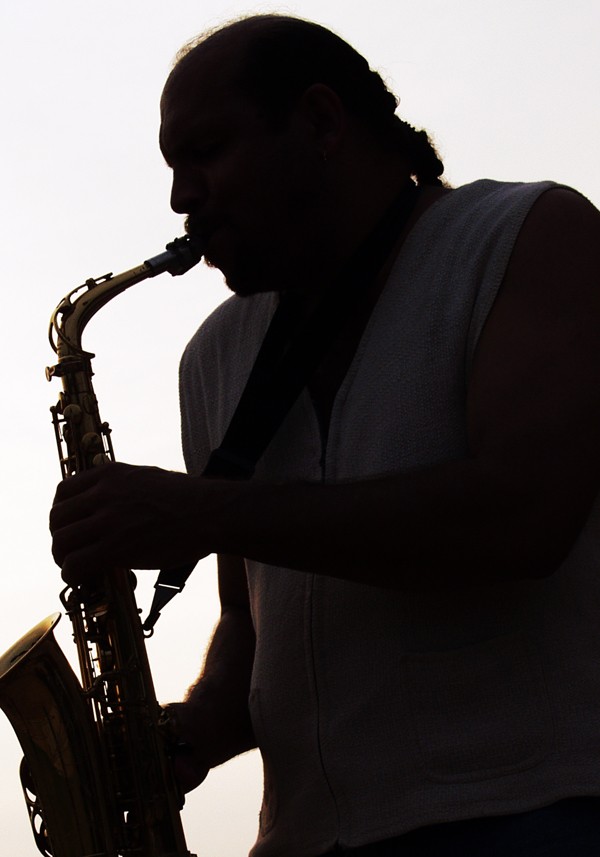
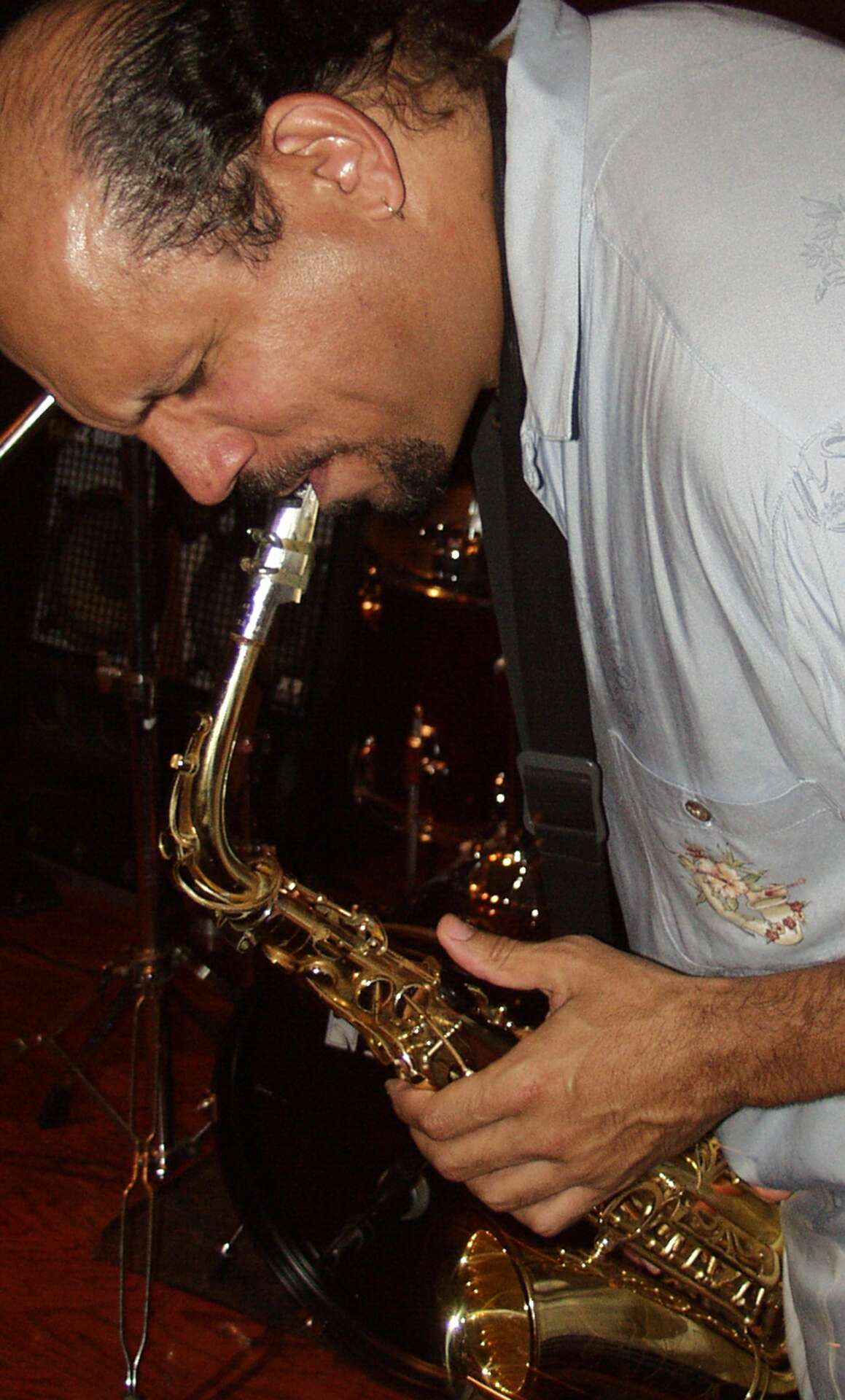
In your view, what can society to do to best support artists, creatives and a thriving creative ecosystem?
This is a complex question. Simply put, society needs to support the arts, however the priority of art over the artist is the difficult aspect of this need. Somehow, it so often seems to transpire that when an artist creates something that is appreciated by a significant percentage of the public, something happens, and patrons no longer care as much about the art as they do about the artist. I’m not saying the artist is not deserving of accolades, but there are many more creative artists in the world, writing profound, heartfelt poetry, painting remarkable, fascinating pictures, and composing music that will make a person cry, or dance for joy. Individuals need to search for these artists in their local communities. Go to the local bar & grille with live music on a regular basis to support the local musicians, and buy their CD even if you no longer own a CD player. As a side note, DVD and Blu Ray players will play CDs also. What it comes down to is individual action, not society. If enough individuals change their thoughts on what constitutes good art, and changes their actions to support that way of thinking, then society will change. It’s the pebble being tossed in the water to create ever increasing ripples.
For you, what’s the most rewarding aspect of being a creative?
Being true to myself, and finding that truth to be what others expect from me. I have been very fortunate. I struggled building my career, but those struggles were all educational in their way, and I always understood that. This positive outlook has kept me moving forward throughout my career. When I was in cover bands, the band was always there to please the audience. We played Brickhouse at almost every gig because that was a hit of the time and everyone wanted to hear it. But once I started performing my own compositions, I found that the response from the audience was even more profound. They weren’t responding to what I was doing. The audience was responding to me, to my songs. They were appreciating my art for its own merits. There is nothing more gratifying.
Contact Info:
- Website: http://davidcarrjr.com/
- Facebook: https://www.facebook.com/bigtoerecords
- Youtube: https://www.youtube.com/channel/UCq_Za4E6xfrNFABjtDXLz6w
Image Credits
John Lee Hunter, Steven Elliott Hendrix


